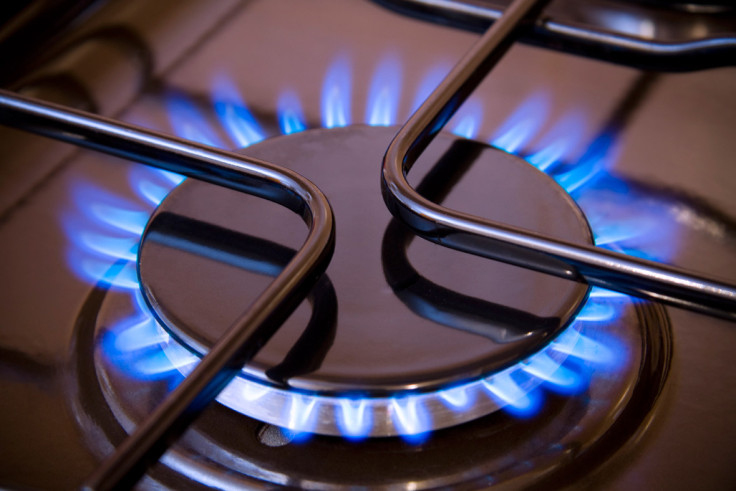Savings boost for prepaid energy users as Ofgem rolls out price cap
Ofgem to roll out price cap on energy meters until 2020, after CMA probe into the sector.

Customers on prepaid energy meters could save approximately £80 a year after the energy regulator unveiled plans to introduce a temporary price cap.
Energy watchdog Ofgem said the cap, which will be implemented in April and follows an investigation from the Competition and Market Authority (CMA), will apply to around four million customers.
The probe found competition among prepayment meter suppliers is less developed than for those who pay their energy bills every month, meaning customers have fewer tariffs available to choose from and the existing tariffs tend to be more expensive.
According to industry data, at the end of 2015 there were just over four million prepaid electricity accounts and three-and-a-half million gas accounts, accounting for 17% and 15% respectively of all accounts across Britain.
The regulator added the cap will be reviewed and updated on a six-monthly basis and is expected to last until the end of the decade, by which time the roll-out of smart meters is expected to be completed.
However, Ofgem states the level of the cap will vary for gas and electricity by meter type and region.
"We want all consumers to enjoy the benefits of a more competitive energy market, regardless of their circumstances," said the regulator's chief executive Dermot Nolan.
"Customers who prepay for their energy are denied the best deals on the market available to those using other payment methods.
"They are also more likely to be in vulnerable circumstances, including fuel poverty. This temporary cap will protect these households as we work to deliver a more competitive, fairer and smarter market for all consumers."
Business and energy secretary Greg Clark described the price cap as a "step in the right direction".
"It builds on our work to make sure the energy market works for everyone – not just those who switch suppliers – and follows action taken in December to increase transparency so people can see when they're paying too much for their energy," he added.
© Copyright IBTimes 2025. All rights reserved.






















